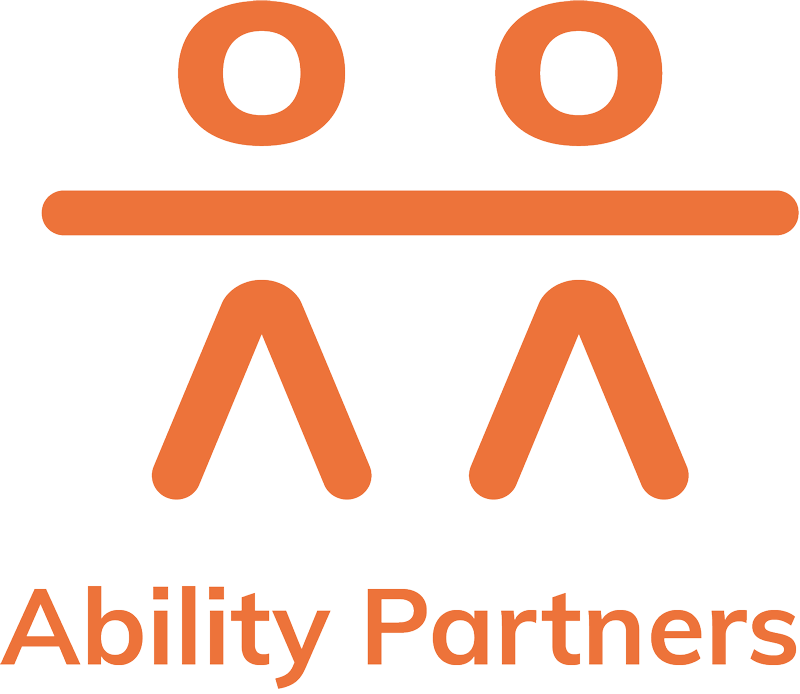My goal this year is to bridge the gap between research and practice by bringing research to life for our customers. I aim to make a meaningful impact by summarising research papers and making them accessible and actionable for individuals. My focus in this post is on NDIS customers, particularly those in the autism community, and I believe that by summarizing research and making it easy to understand, I can provide a valuable tool for both families and support coordinators. In this post I hope to empower the autism community with evidence-based practices that are easily accessible and understandable.
Background
Autism Spectrum Disorder (ASD) is a neurodevelopmental disorder that affects communication, social interaction, and behaviour. There is a growing body of research on interventions that aim to improve outcomes for individuals with autism. A recent study, “Interventions for children on the autism spectrum: A synthesis of research evidence,” provides a comprehensive overview of the current state of evidence for interventions for children with autism. The study aimed to synthesize the existing evidence to inform decision-making for families and support coordinators.
What the evidence shows
The study conducted a systematic review of research evidence for eight interventions for children with autism: The study found that there is strong evidence for the effectiveness of early intensive behavioural intervention and structured teaching, moderate evidence for speech and language therapy and occupational therapy, and limited evidence for the other interventions.

Eight Interventions
1. Early intensive behavioural intervention: This intervention uses behaviour-analytic techniques to teach skills to individuals with autism. The evidence supports its effectiveness in improving communication, social interaction, and behaviour.
2. Structured teaching: This approach uses structured teaching strategies, such as visual supports, to support individuals with autism in learning new skills. The evidence supports its effectiveness in improving communication, social interaction, and behaviour.
3. Speech and language therapy: This intervention focuses on improving the communication skills of individuals with autism. The evidence supports its effectiveness in improving communication skills.

4. Occupational therapy: This intervention focuses on improving the fine motor skills, self-care skills, and sensory processing of individuals with autism. The evidence supports its effectiveness in improving these areas.
5. Psychological interventions: This intervention involves providing therapy to individuals with autism to address mental health concerns and improve quality of life. The evidence supports its effectiveness in improving mental health outcomes.
6. Medications: This intervention involves the use of medications to address specific symptoms of autism, such as attention deficit hyperactivity disorder (ADHD) and anxiety. The evidence supports the effectiveness of some medications in improving specific symptoms.

7. Complementary and alternative interventions: This intervention involves the use of alternative approaches, such as massage therapy and acupuncture, to address the symptoms of autism. The evidence supports the effectiveness of some complementary and alternative interventions in improving specific symptoms.

8. Parent-mediated interventions: This intervention involves providing support and training to parents to help them support their child with autism at home. The evidence supports the effectiveness of parent-mediated interventions in improving outcomes for children with autism.
What does this mean for families
The study provides families with information about the evidence for different interventions for autism. This information can help families make informed decisions about the interventions that may be best for their child. The study highlights the importance of early intervention, as interventions are most effective when started early in life with moderate evidence for speech and language therapy and occupational therapy.
What does this mean for support coordinators
Support coordinators play a crucial role in the lives of children with autism, as they help families access the support they need. This research provides support coordinators with valuable information to help families make informed decisions about the interventions their children receive. Based on these findings, support coordinators may recommend these interventions for families.
For any questions, call us on 1800 AP NDIS (27 63 47), or email us at enquiries@abilitypartners.com.au.

Written by Byrne, M. (February, 2023).
Study Reference
Interventions for children on the autism spectrum: A synthesis of research evidence. (2021). Retrieved from https://www.autismcrc.com.au/sites/default/files/interventions-evidence/Full_Report_Interventions_for_children_on_the_autism_spectrum_-_A_synthesis_of_research_evidence.pdf?j=605368


